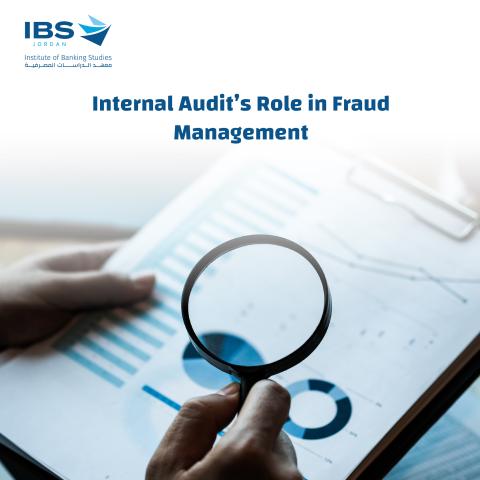
By the end of this training course, trainees will be able to:
- Identity the various types of fraud, common red flags, and effective fraud management strategies.
- Assess, and respond to potential fraud incidents, ensuring they take appropriate actions in line with best practices and organizational policies.
- Explain the expected role of internal auditors in fraud management, including their responsibilities in prevention, detection, and investigation.
- Internal controls employees.
- Internal audit employees.
- QA / QC employees.
- Risk management employees.
- Compliance employees.
- Finance employees.
- Definition and types of fraud .
- The impact of fraud on organizations .
- Key principles of fraud risk management .
- The role of internal auditors in fraud management.
- Understanding fraud risk factors (Fraud Triangle & Fraud Diamond) .
- Identifying vulnerabilities in business processes.
- Internal controls and fraud prevention techniques .
- Best practices for fraud risk assessment .
- Behavioral and transactional red flags .
- Data analytics and forensic techniques in fraud detection.
- Case studies of real-world fraud incidents.
- Internal audit's role in fraud investigations .
- Collaborating with legal and compliance teams.
- Cases study.
